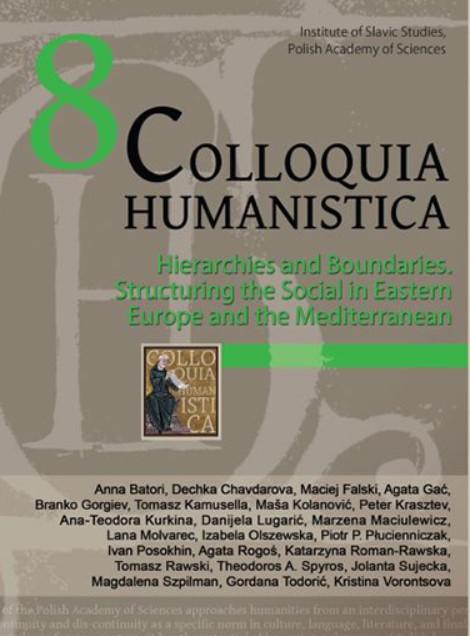Does Language Determine Our World’s Borders? The Deaf Beyond the Pale
Does Language Determine Our World’s Borders? The Deaf Beyond the Pale
Author(s): Magdalena SzpilmanSubject(s): Applied Linguistics, Phonetics / Phonology, Philology
Published by: Instytut Slawistyki Polskiej Akademii Nauk
Keywords: language; speech; sign language; sensualism;
Summary/Abstract: “If not in words, how did she organize her thoughts?,” asks contemporary American writer André Aciman thinking of his deaf mother. In other words, how did she organize her world – one could ask, since even if not consciously, it is often assumed that “the limits of our language are the limits of our world.” Taking Ludwig Wittgenstein’s well-known dictum as a starting point, I would like to present an interdisciplinary approach to the subject, set on the border of comparative literature, linguistics, and medicine. In my paper, using the works of Plato (Cratylus), Denis Diderot (Paradox of Acting), Étienne Bonnot de Condillac (Philosophical Writings of Etienne Bonnot Abbé de Condillac), Oliver Sacks (Seeing Voices: A Journey into the World of the Deaf), and others, I focus on how people perceive the borders (limits) of our world through the prism of language. Is language just a prosthesis, a grafted limb one can live without? Do hands speak more intimately than words? Or maybe deafness is more of a disability than blindness? Is hearing essential for creating memory, allowing comparison, judgment and association of ideas?
Journal: Colloquia Humanistica
- Issue Year: 2019
- Issue No: 8
- Page Range: 129-138
- Page Count: 10
- Language: English

